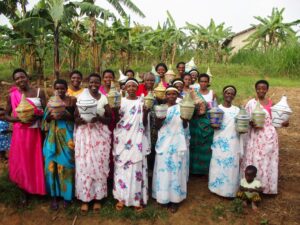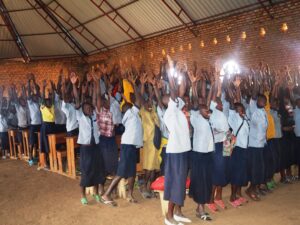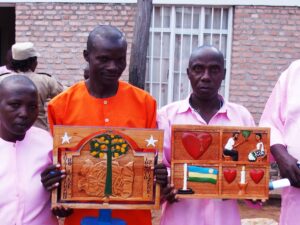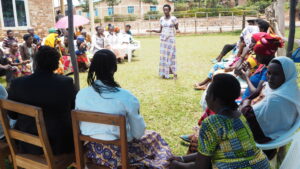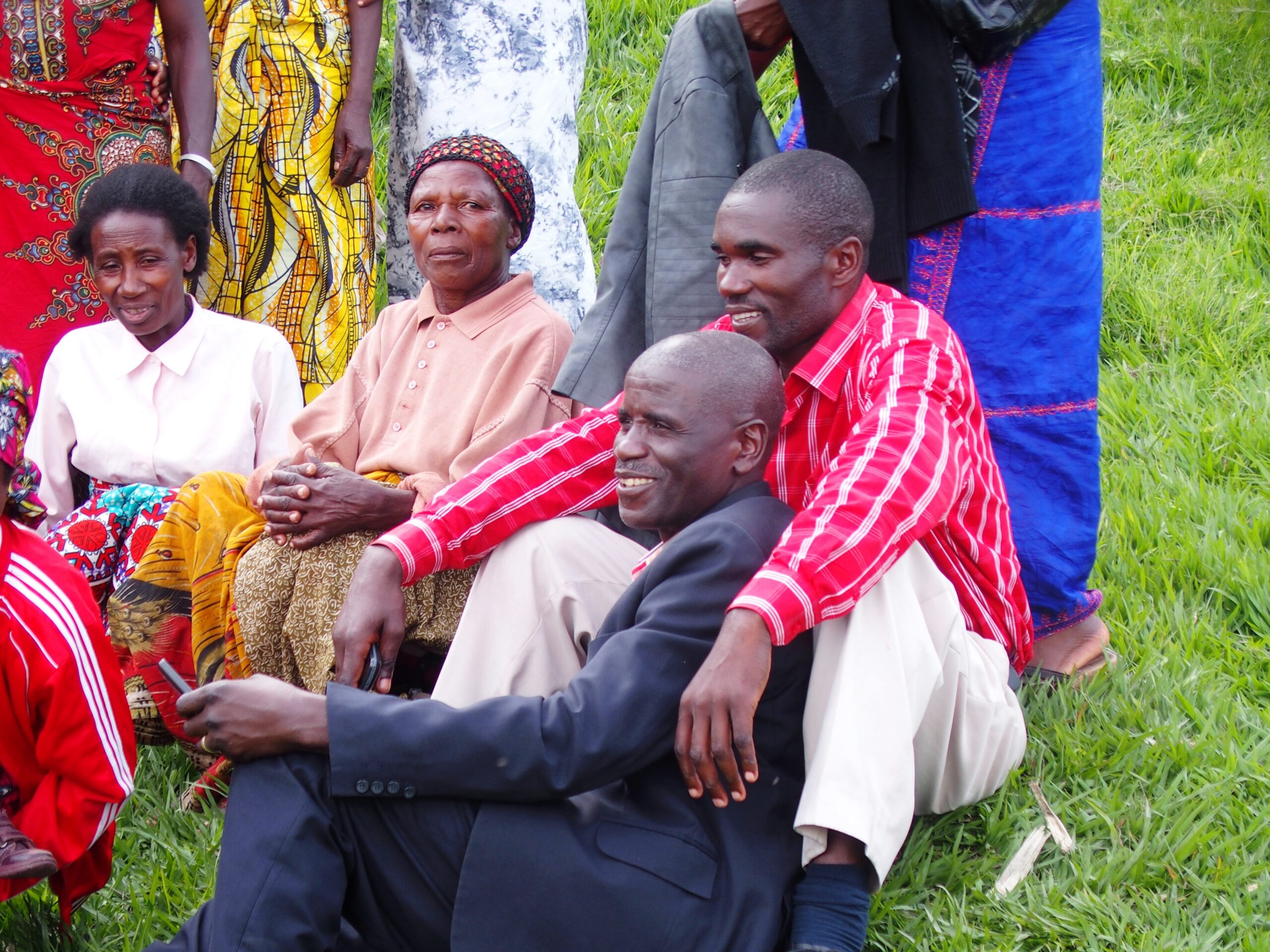
The composite term of mental health and psychosocial support (MHPSS) refers to any type of support that aims to protect or promote psychosocial wellbeing or prevent or treat mental disorders. Conflict and violence generate psychosocial impacts on the communities that experienced it, and these impact transcends the individual, household and community level. In the context of Rwanda, the society as a whole was affected by the 1994 genocide against the Tutsi. A collective traumatic experience that not only asks for an individual journey of trauma recovery, but moreover a trauma that needs to be resolved within the interpersonal space and social environment. Especially in the context of Rwanda, whereby the level of violence happened at an intimate level, the psychosocial healing process should also take place in an environment characterized by intimacy.
Community-based sociotherapy is in its very nature a community-based psychosocial approach. In the recent years, there have been more attention for integrating MHPSS programs in peacebuilding efforts. CBS is actually looking at peacebuilding through a psychosocial lens, arguing that MHPSS services are not merely about treating individuals and groups to recover from and/or prevent consequences from traumatic experiences, but that psychosocial wellbeing is actually a prerequisite for peace, social change and economic prosperity. A lot of our research also taps into this interlinkage.

